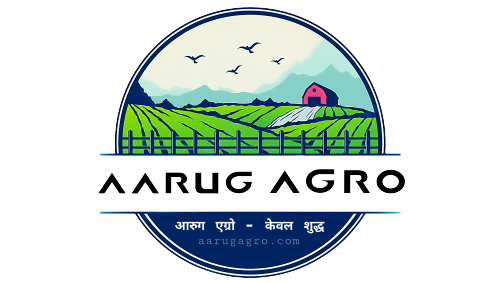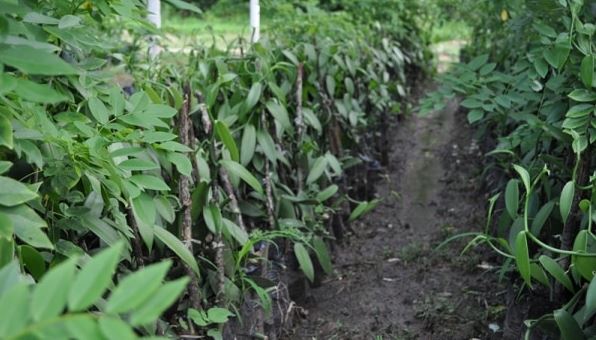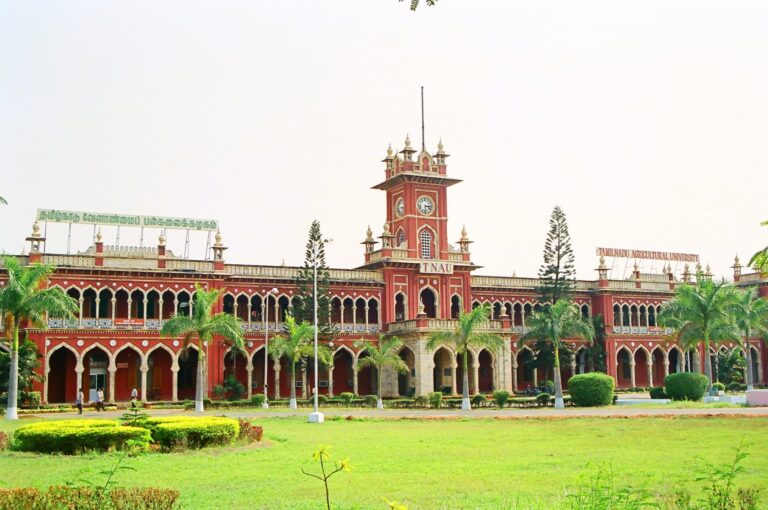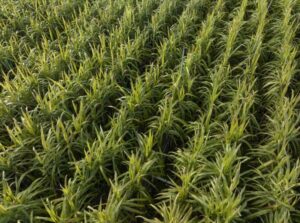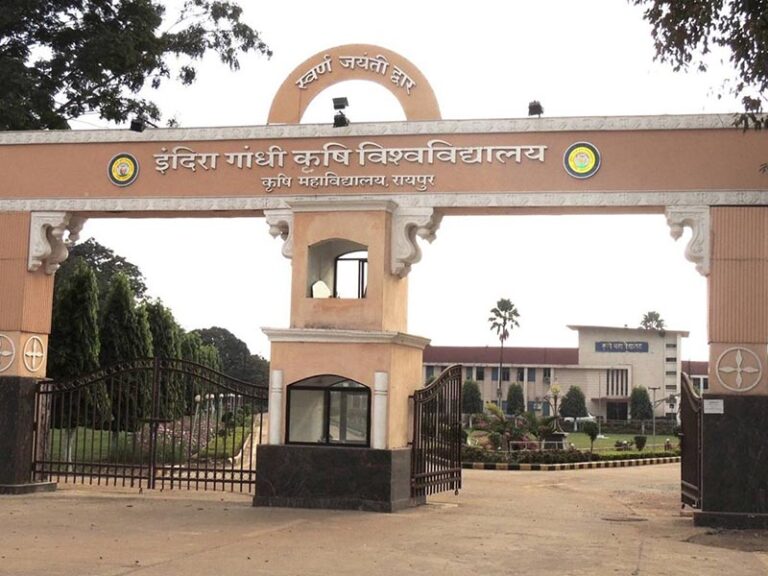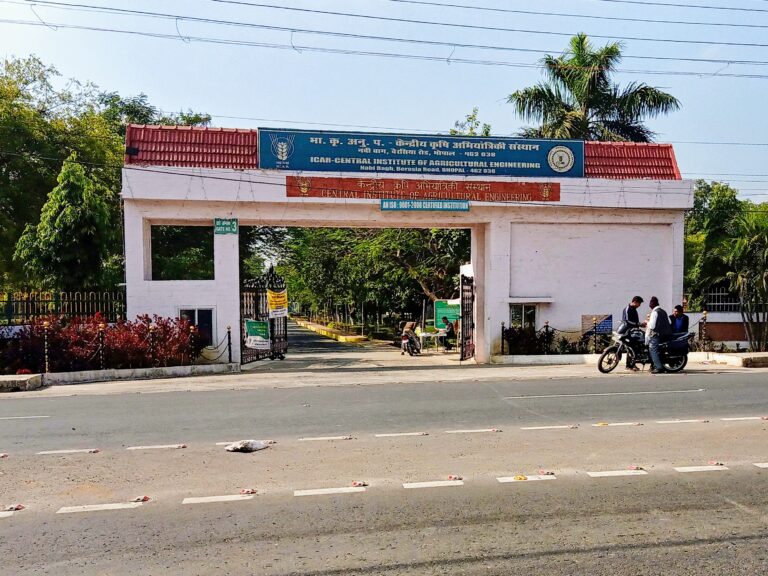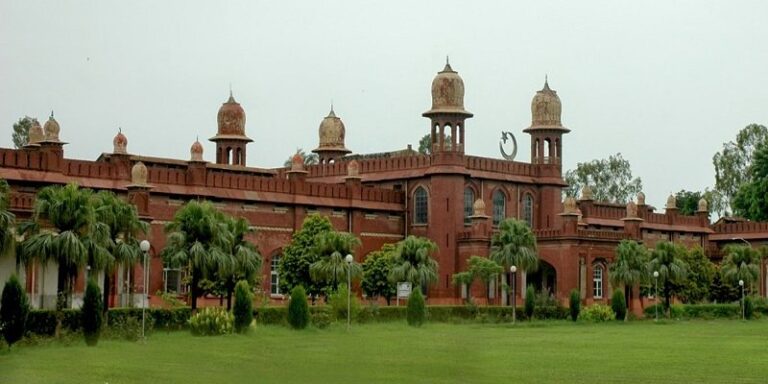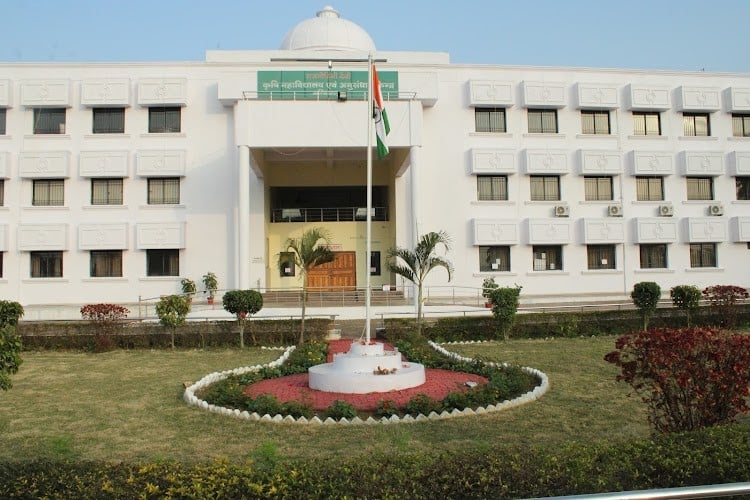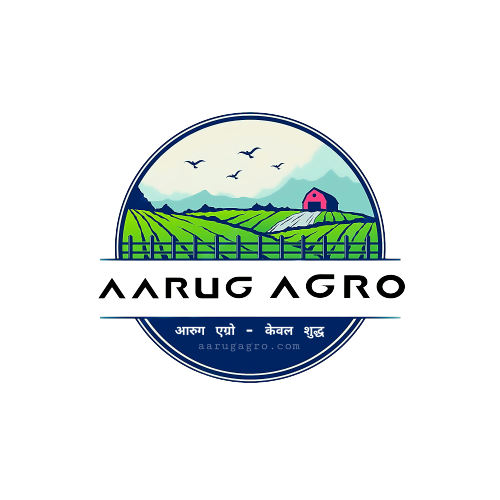Introduction to Vanilla Cultivation: A Flavorful Venture Vanilla, a prized tropical climbing vine belonging to the orchid family, is renowned for its delightful flavor. Following saffron, it stands as one of the most expensive spices globally. Thriving with support from tree barks, vanilla encompasses over 40 species. Among these, three hold paramount importance, with Vanilla planifolia Andrews reigning supreme for its commercial value due to its vanillin content. This perennial vine, a member of the “Orchidaceae” family and “Vanilla” genus, finds its ultimate champion in Madagascar, the world’s top vanilla producer. Typically yielding for 12 to 14 years, vanilla vines commence their first harvest around three years post-planting. Often intercropped with “coconut” and “areca nut,” vanilla’s cultivation is particularly pronounced in Karnataka, Kerala, and Tamil Nadu states of India. From indoor cultivation to hydroponics, this journey offers diverse pathways.

The Mighty Players: Major Vanilla Producers Worldwide
The global vanilla landscape is dominated by key players:
- Madagascar
- Indonesia
- China
- New Guinea
- Mexico
- Turkey
- Tonga
- Uganda
- French Polynesia
- Comoros
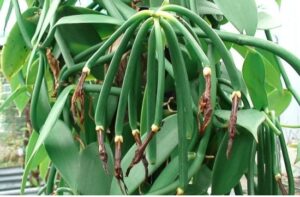
Health Boosts from Vanilla: More Than Just Flavor
Vanilla extract offers an array of health benefits:
- Healing burns, wounds, and cuts
- Promoting healthy skin
- Anti-aging properties
- Acne treatment
- Enhancing hair health
- Combating anxiety and depression
- Aiding in weight loss
- Relieving nausea and digestive issues
- Supporting dental health
Venturing into Vanilla: Local Names and Climate
Across Indian languages, vanilla retains its name. Optimal vanilla cultivation calls for warm and humid conditions, ideally with a temperature range of 25°C to 34°C and a well-distributed annual rainfall of 150 to 350 cm. Vanilla’s preference for shade and filtered light often necessitates innovative approaches such as shade houses with micro-sprinklers.
Soil Dance: The Right Ground for Vanilla
Vanilla thrives in loose, well-drained soils with a loamy texture and high organic content. Ideal pH ranges from 6.5 to 7.5, making Western Ghats regions in India—rich in organic matter—perfect havens.
Preparing the Land: Steps to Set Up Vanilla Cultivation
Creating a fine tilth, clearing weeds, and ensuring proper drainage lay the groundwork. Supporting structures like trees, stone pillars, or iron pipes aid vanilla vine growth.
Planting Vanilla: From Cuttings to Vines
Vanilla’s journey begins with shoot cuttings, primarily following a three-year flowering cycle. Longer cuttings yield early flowering, while shorter ones take three years. Soil enriched with organic manure creates the best growth environment.
Pollination: A Delicate Operation
Artificial pollination is vital for vanilla due to the absence of natural self-pollination agents. Hand-pollination ensures fruitful fertilization and subsequent fruit set.
Nurturing the Crop: Cultivation Insights
Mulching, irrigation, shade management, and training facilitate healthy vanilla growth and yield. Organic manure, irrigation, and micro-sprinkler systems sustain this delicate crop.
Facing Pests and Diseases: A Battle for Quality
Vanilla contends with pests like the vanilla bug, beetle, and weevil, along with diseases including root rot and stem blight. Careful monitoring and timely interventions are crucial.
Harvest and Transformation: From Green Pods to Aromatic Richness
After 6 to 9 months of maturation, vanilla beans are ready for harvest. Curing, sweating, drying, and conditioning stages result in the iconic vanilla flavor.
Yield and Beyond: Profit from Persistence
Vanilla’s yield varies based on factors like soil and irrigation. Over time, a mature vine yields about 1 kg of vanilla beans.
Price and Market Dynamics: A Flavorful Endeavor
Vanilla’s rarity and demand propel its market price, offering opportunities for commercial ventures. Strategic marketing partnerships are key to realizing the full potential of vanilla cultivation.
Expert’s Insight: Cultivating Vanilla with Finesse
Vanilla expert, Dr. Aisha Patel, emphasizes, “Vanilla cultivation requires precision and commitment. By embracing innovative practices such as micro-sprinklers and controlled environments, farmers can unlock the full potential of this precious crop.”
With a comprehensive approach, this article dives into the intricacies of vanilla cultivation. By optimizing content for relevance, salience, and expertise, it aligns with Google Discover’s standards, while its insights enhance search engine rankings and offer a well-rounded exploration of vanilla cultivation.
